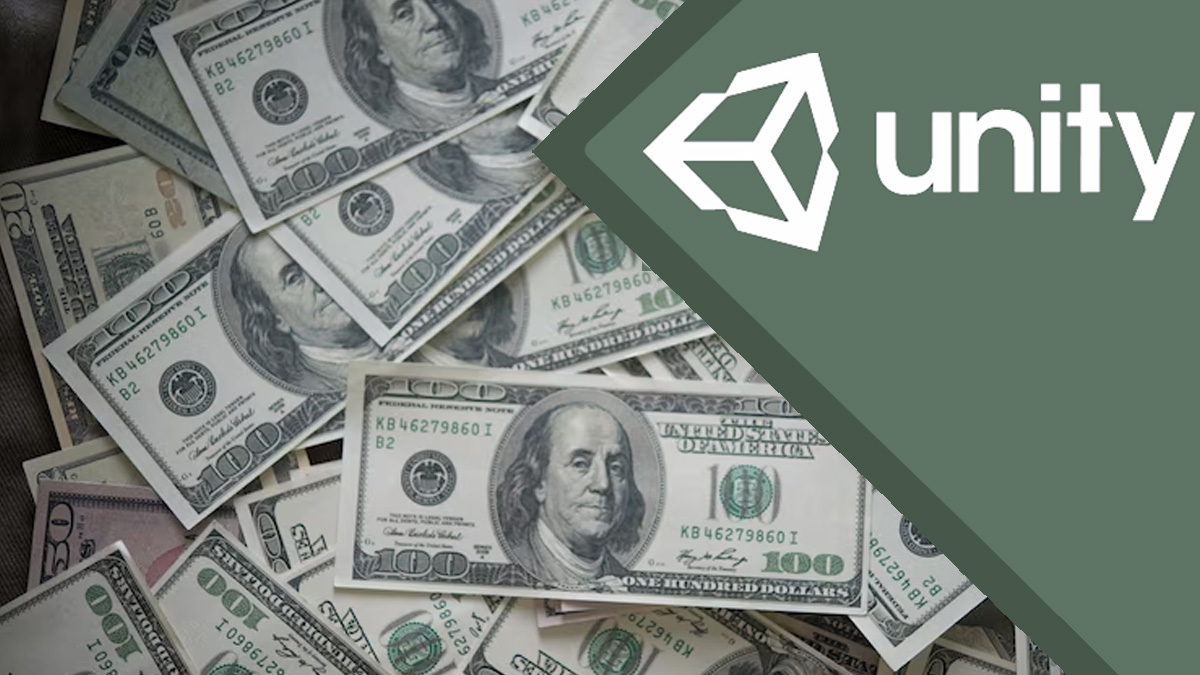Despite it’s status as one of the industry-leading publishers for independent studios, Unity is quickly losing support after it announced changes to its pay structure. The new plan takes effect in January 2024, and is meant to target free-to-play titles found on mobile, monthly subscriptions like Game Pass or PSN, and group sales like Humble Bundle. But the new fee structure has Indie developers worried they will find themselves caught in the crossfire, unintentional casualties of an industry struggling with pay-to-play game design.
What is the new Unity Fee?
On the surface, the new pricing structure doesn’t look that bad. It requires more than 200,000 installs before coming into effect, and requires more than $200,000 per year in revenue for the fee to stay active. When a game has met the threshold, a $0.20 per install fee is added for each additional download, it’s about $200 per 100 installs. This number might seem high for an Indie developer, but for massive companies like miHOYO, the masterminds behind the free-to-play game Honkai Star Rail – which boasts more than 1 million users daily – it’s hardly a drop in the bucket. It could be that Unity is using the push to try and weed out the multitude of Asset Flip games, low-cost games created en masse from the Unity store’s abundance of premade assets – game scripts, objects, textures etc. – available for little to no cost. These games are usually knockoffs of popular titles, made incredibly cheap, and viewed by most of the gaming community as a nuisance.
The move has many questioning how smaller studios that are grouped with Gamepass and PSN will fare, with plenty of gamers, myself included, installing and uninstalling small titles rapidly. The exposure offered by partnering with a massive game distribution system may no longer be worth it if studios are risking fees with every download. And though there are plenty of Indie studios that will never get anywhere near the 200,000 downloads or make the $200k yearly profit required to fall into the developer demographic – most Indie games are somewhere around $9 — it’s easy to see why some devs are feeling the panic. With every platform requiring a large slice of the pie, how will independent moderately successful developers keep on their feet?
Beyond the simple cost structure, developers are worried about how angry gamers can use this new pricing system to their advantage. Gamers are a fickle group to design for, and the inclusion of a user cap has some developers worried that in the future, rather than review bombing a game, disgruntled players will find ways to exploit the download cap to charge developers for games. Only time will tell whether angry gamers are gifted enough to exploit the system, but it’s a frightening enough prospect that indie developers on Reddit are looking to Unreal, Epic, and Godot as alternatives. There are certainly studios like Innersloth (Among Us) and Ghost Town (Overcooked!) alongside free-to-play options like Genshin Impact that are more than profitable enough to survive the new costs.
Game developers are turning their backs on Unity
Of course this move on behalf of Unity turned out to be a massive misfire, as many prominent developers quickly spoke out against the new payment structure. Garry Newman, known as the creator of Garry’s Mod, criticized the change by sharing a picture on Twitter that shows a graph for Unity Software Inc’s market summary alongside the caption “this turned out to be a good idea for about 48 minutes.” Unity is experiencing some intense backlash in the wake of its decision, proving that it may have shot itself in the foot. Many users straight up don’t trust the system put in place for keeping track of downloads.
Another thing developers worried over was the possibility that Unity would retroactively count downloads. This would mean that, if a developer released a game years ago and it surpassed the 200,000 mark, they would have to pay out straight away. Unity quickly quashed this misconception, thankfully, and confirmed retroactive charges won’t be an issue. The download count starts from the 1st of January 2024, so any game released after that date will get its downloads tracked, but none released before.
Outside of the new fees and the frustrations they bring, Unity is also requiring a user to be connected to the internet in order to use the program or its tools, yet another point of contention for its large user base. As of September 12, 2023, the company is also retiring its Unity Plus plan. The new pricing structure does come with a slew of new capabilities within the platform, like AI with Unity Sentis – which can help with physics, use AI for modeling, and even identify handwritten content – along with cloud storage.












Published: Sep 14, 2023 10:00 am